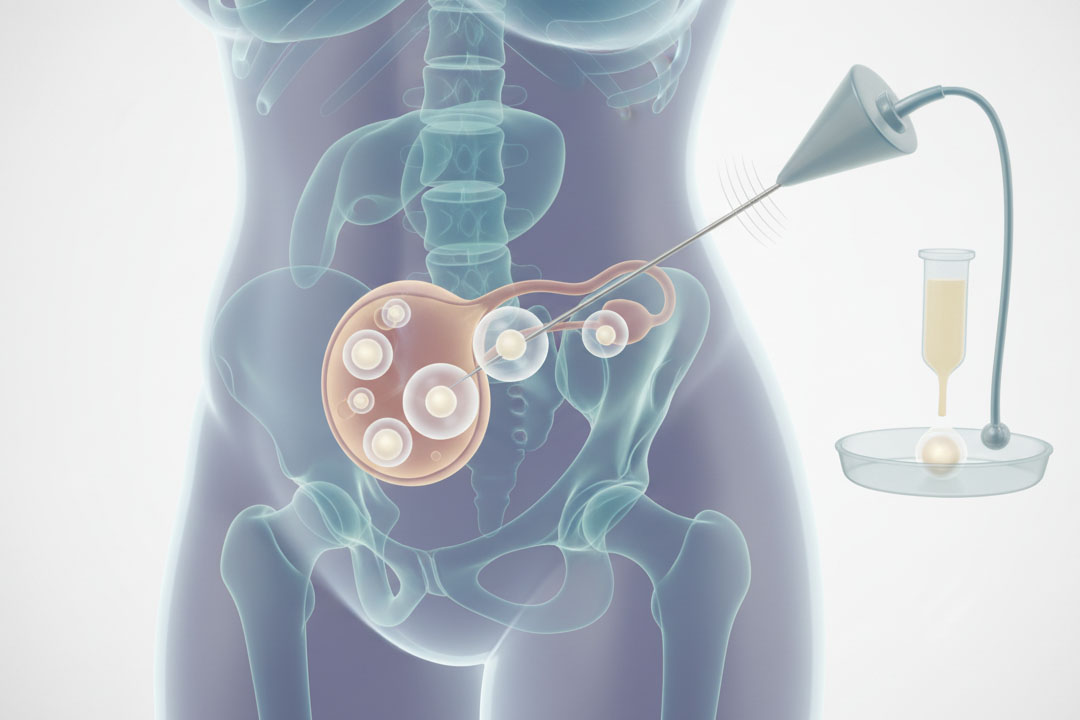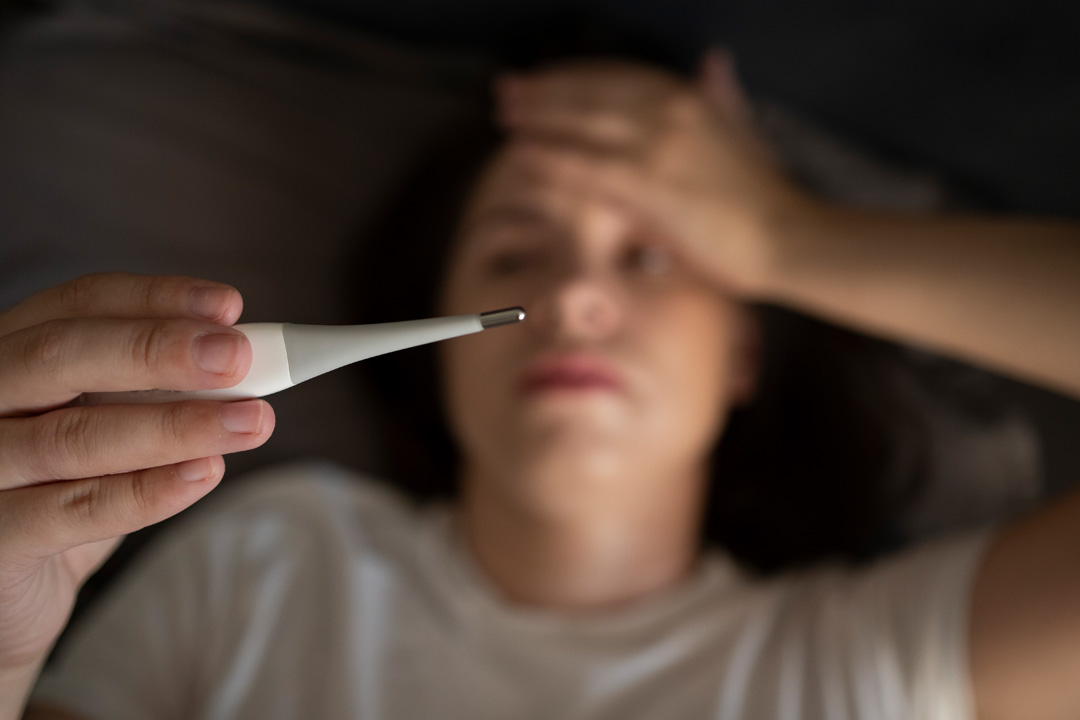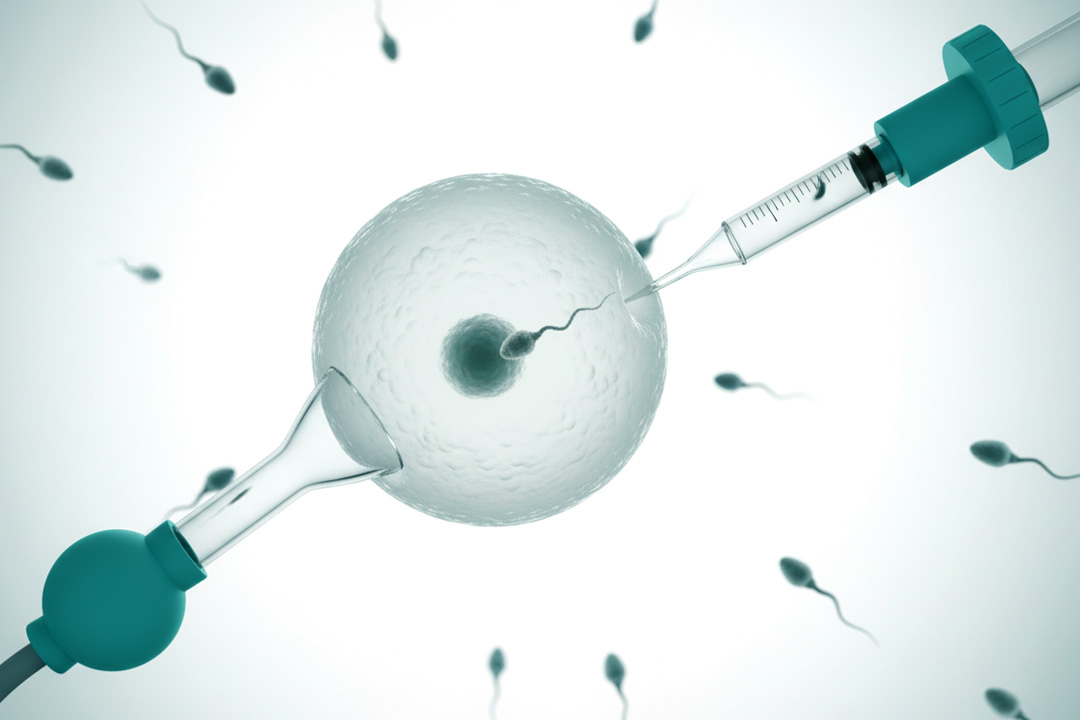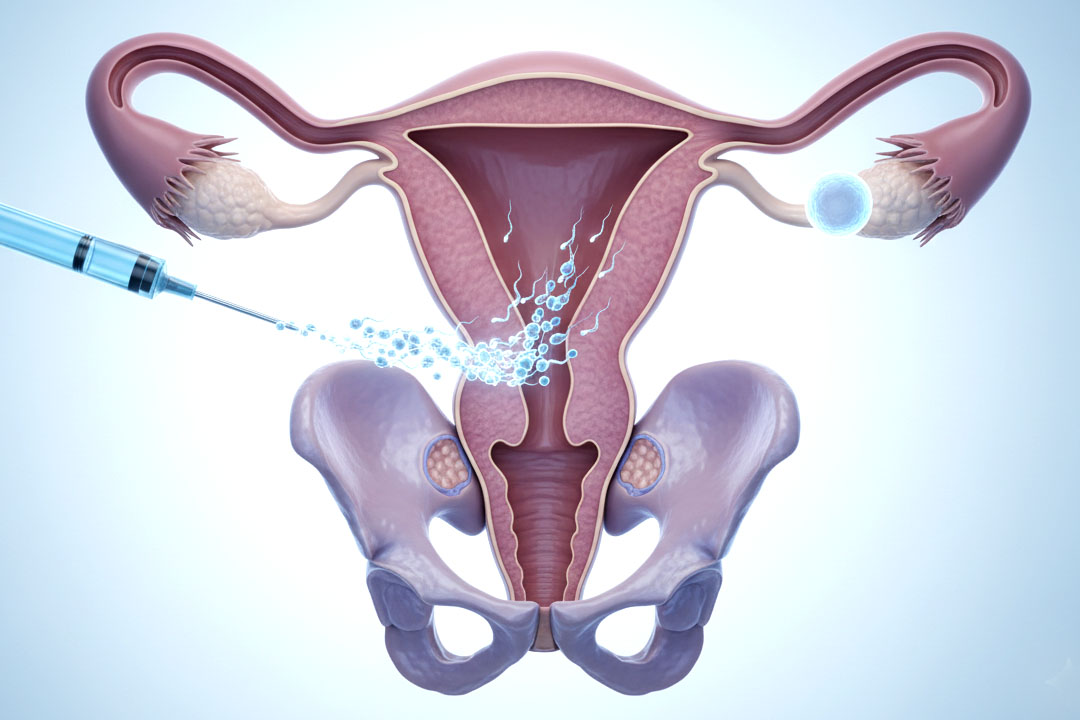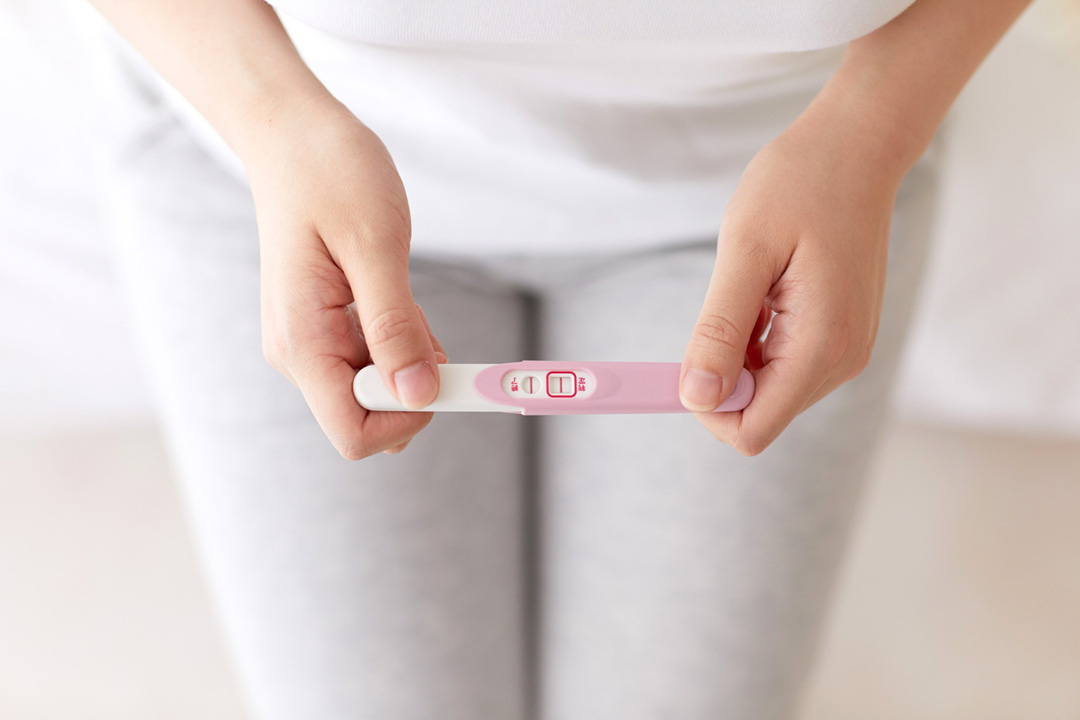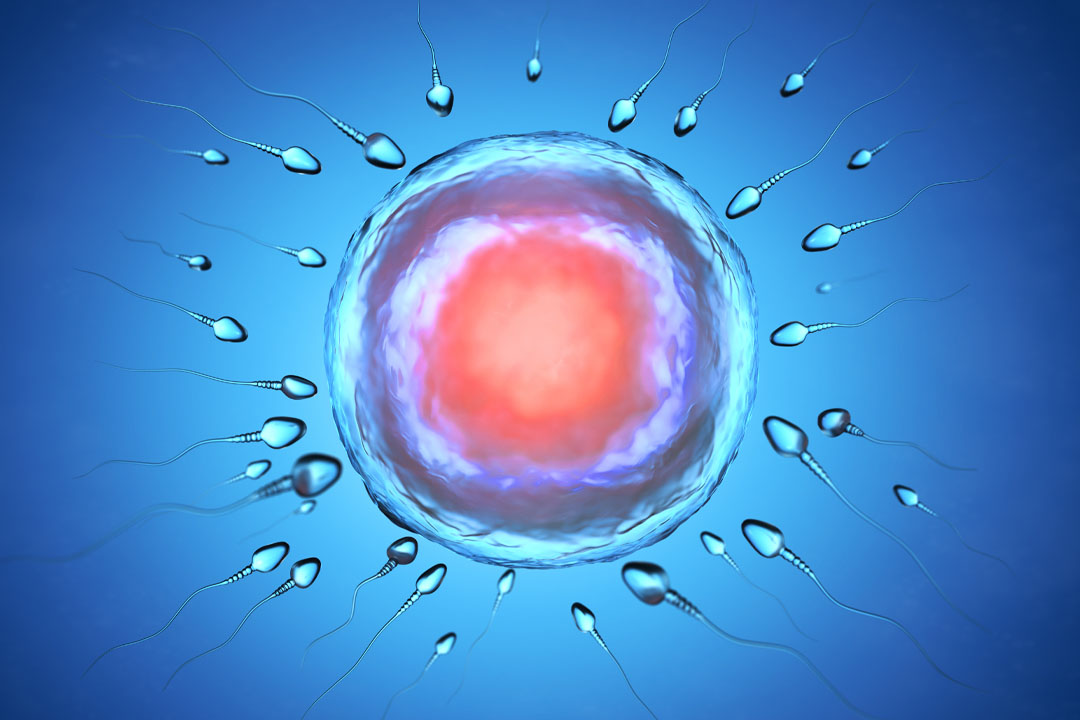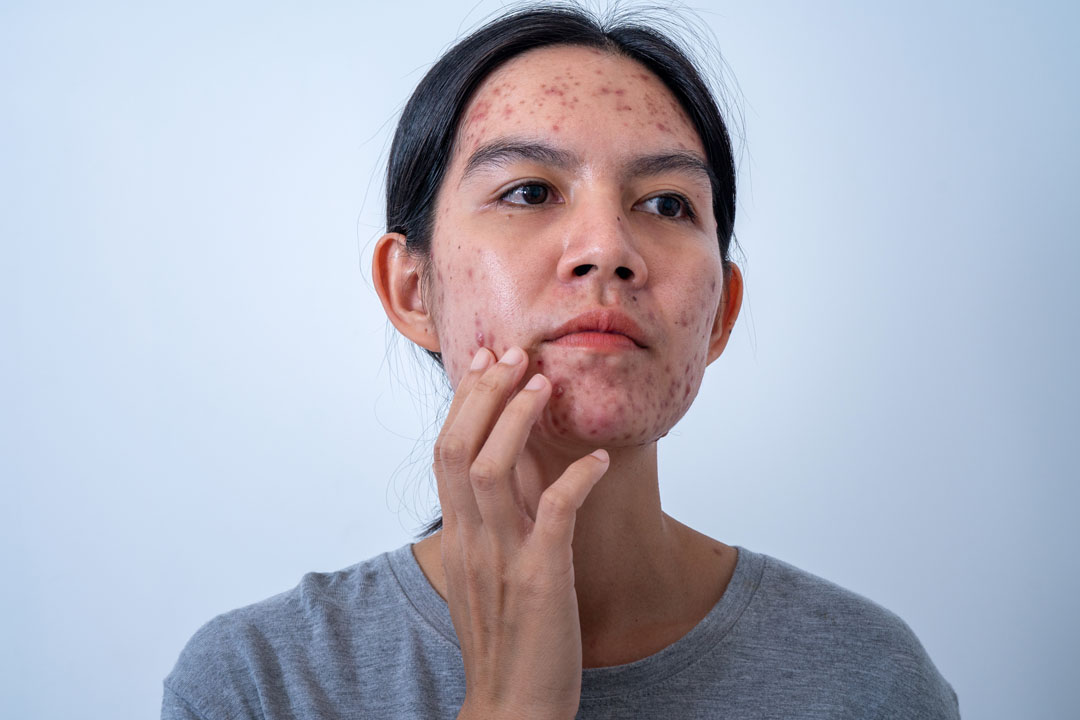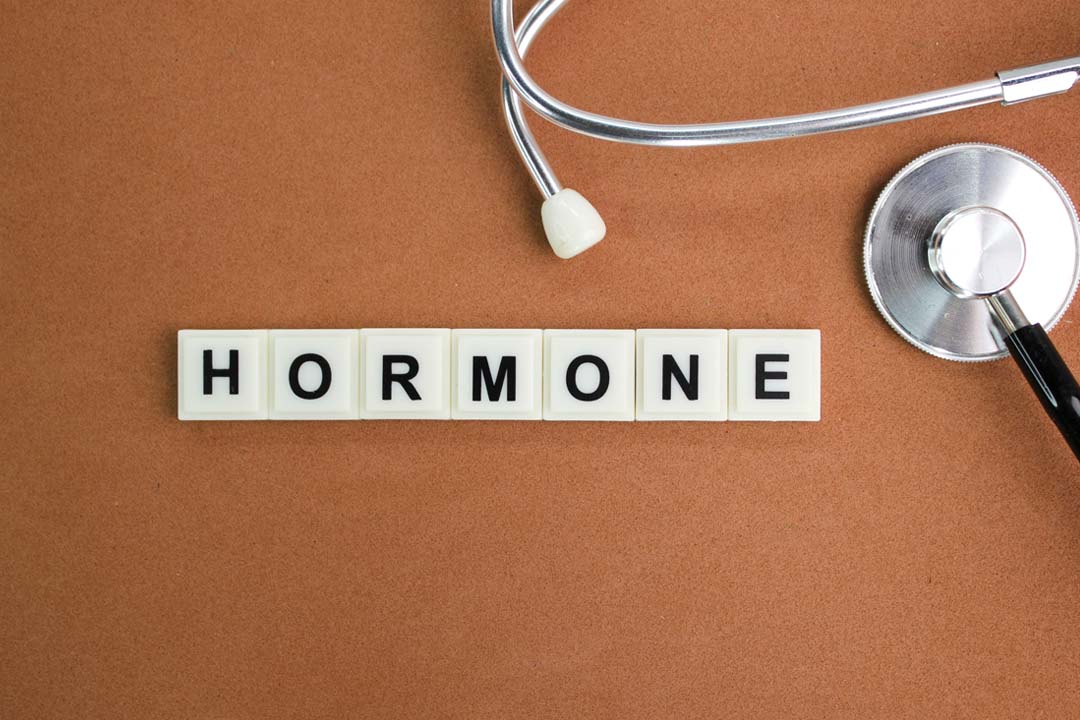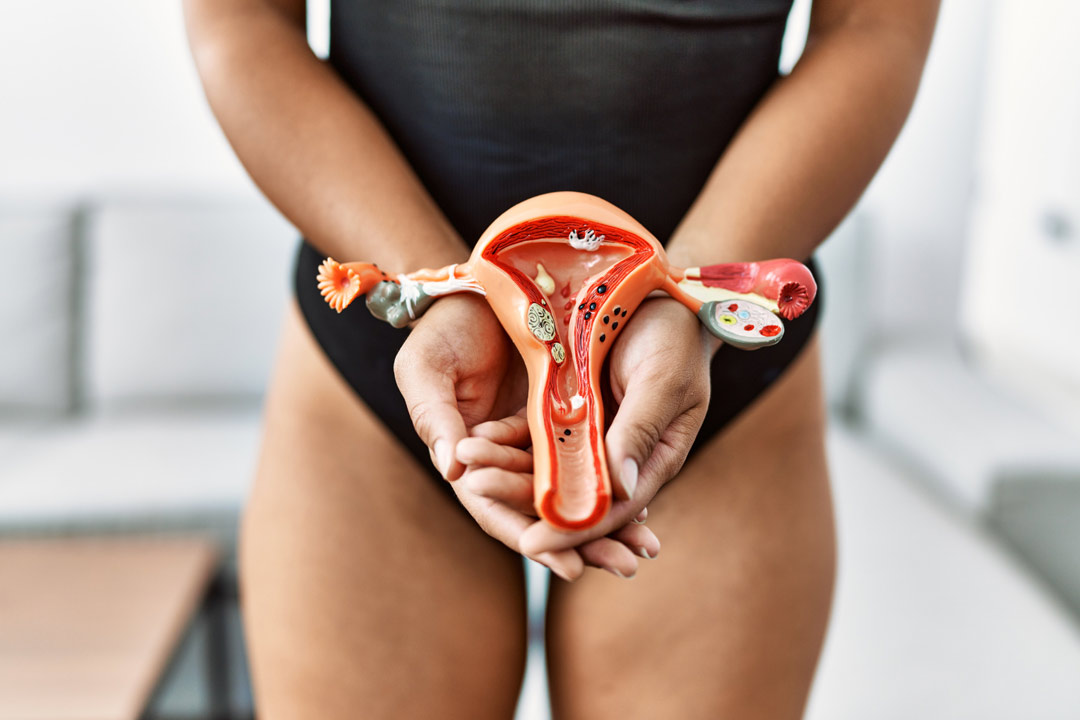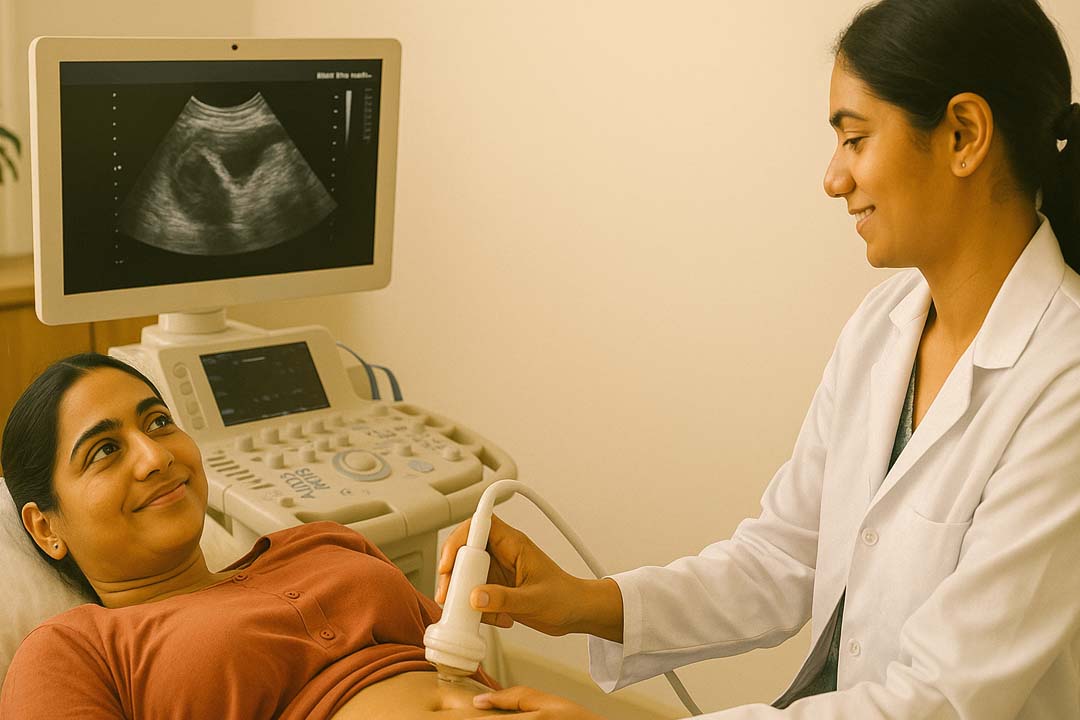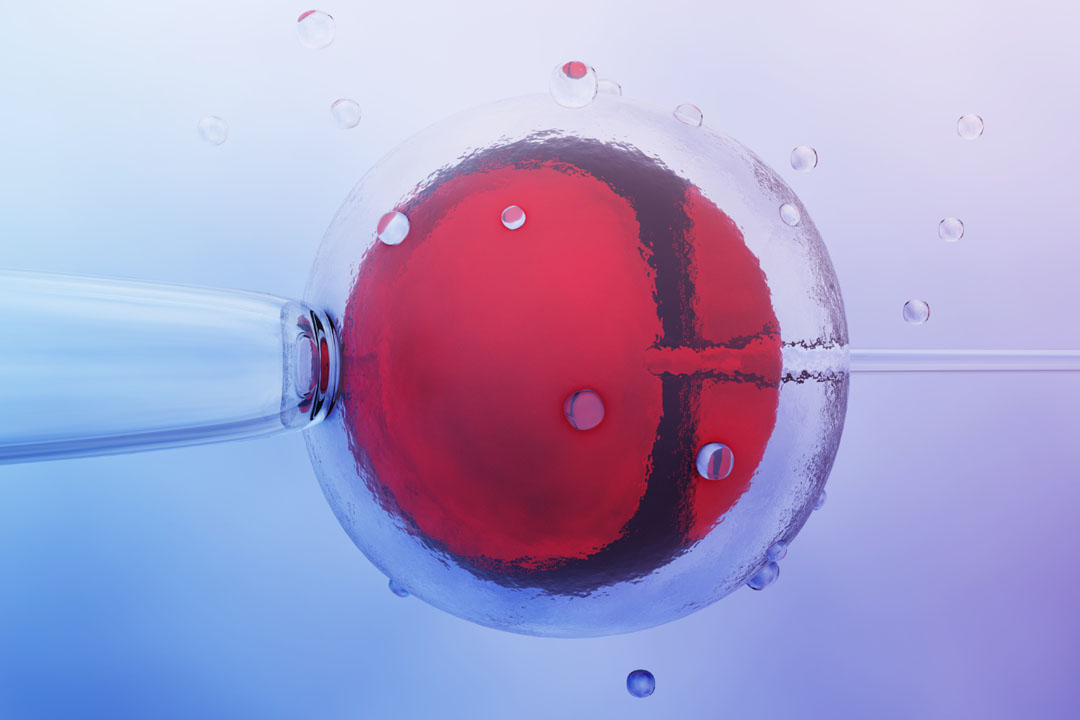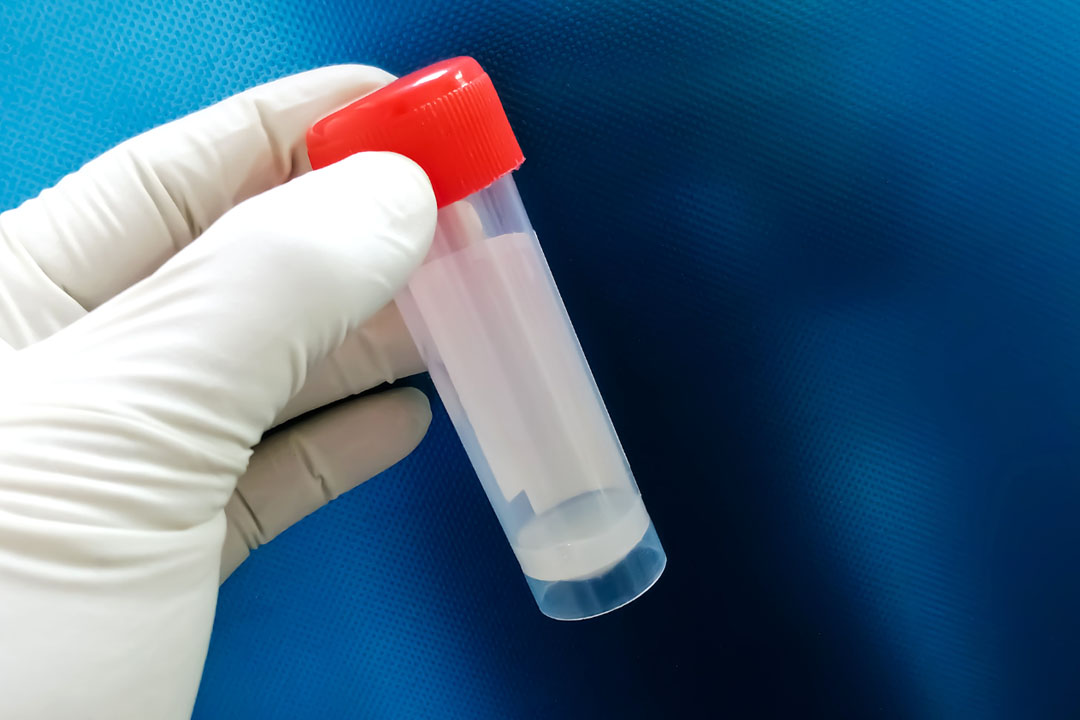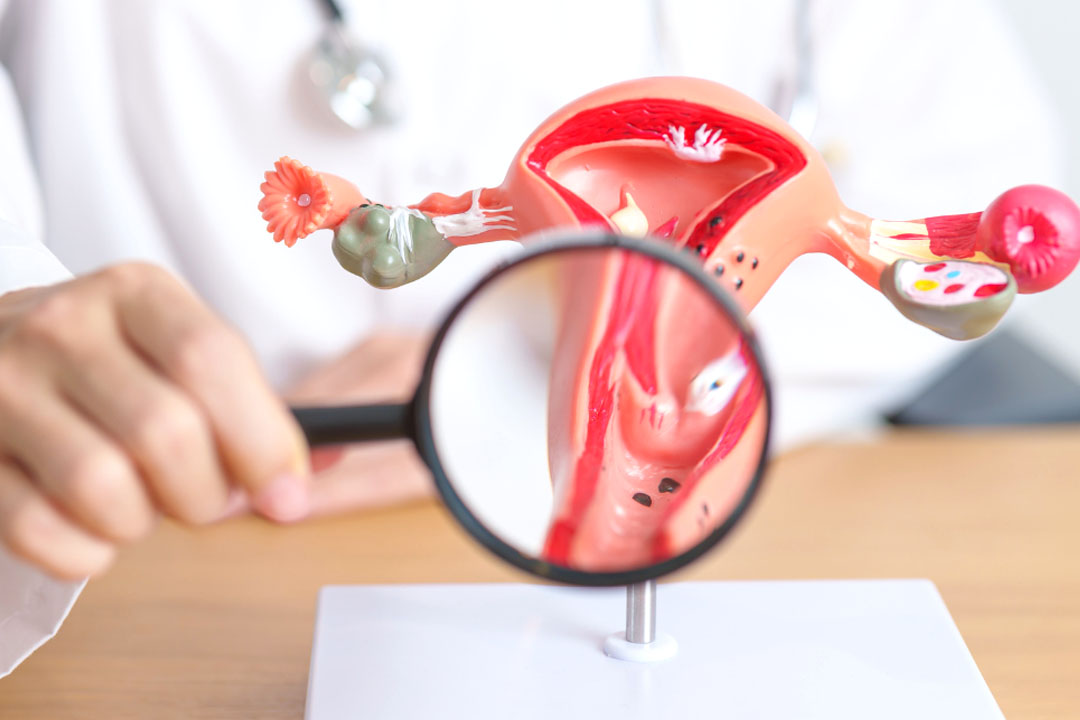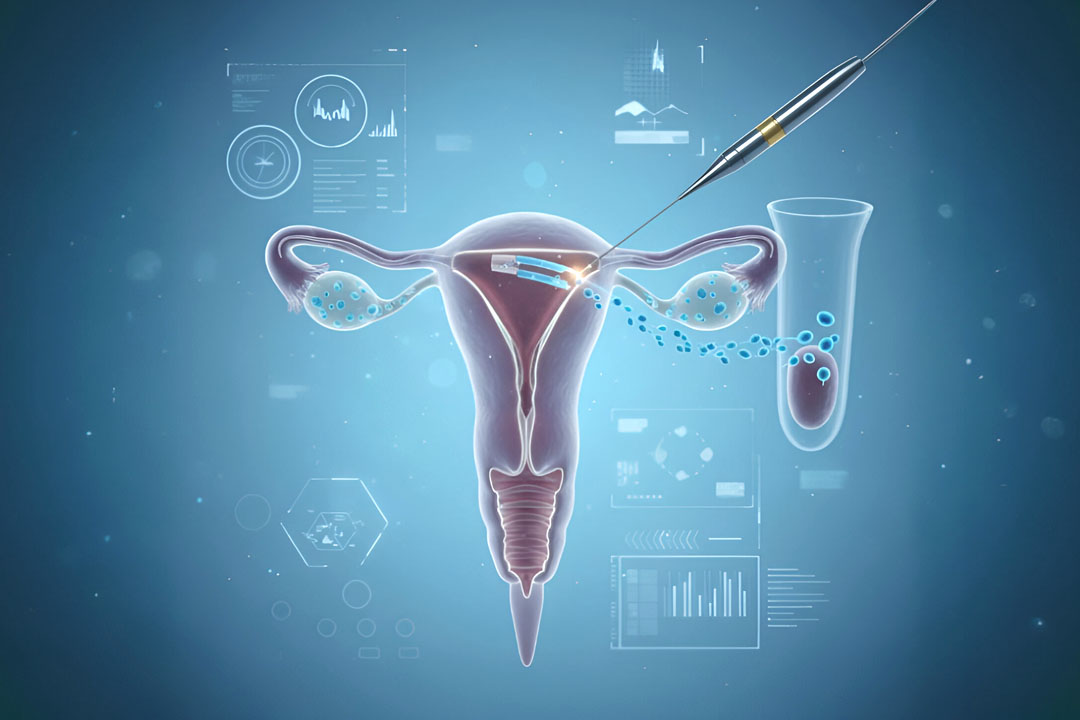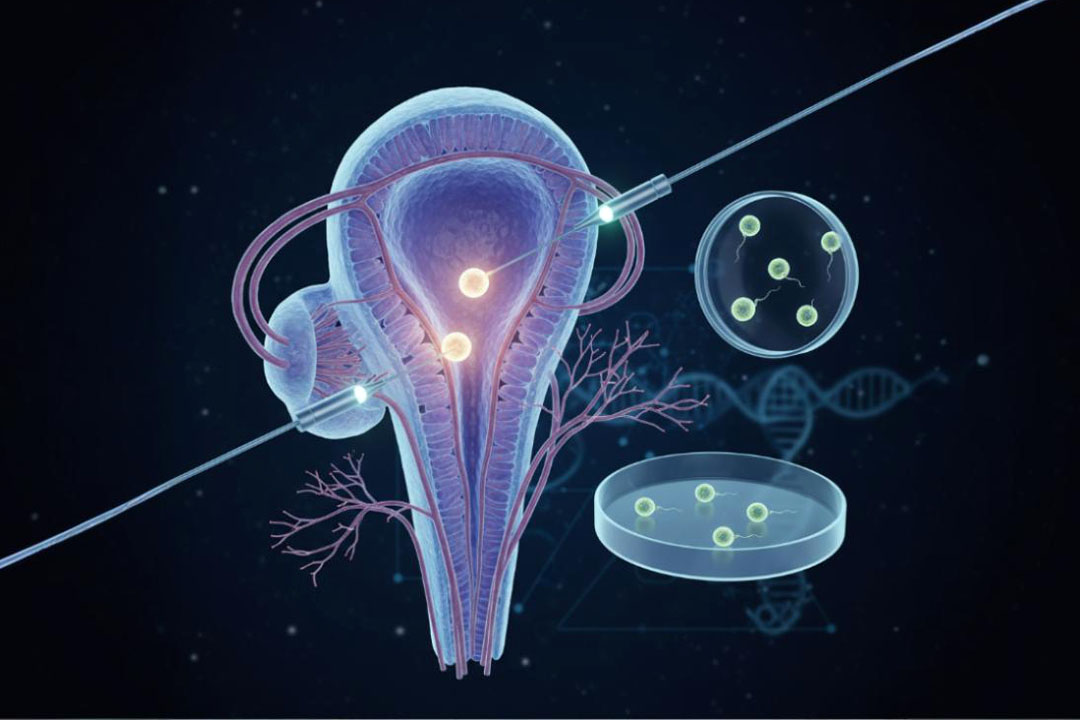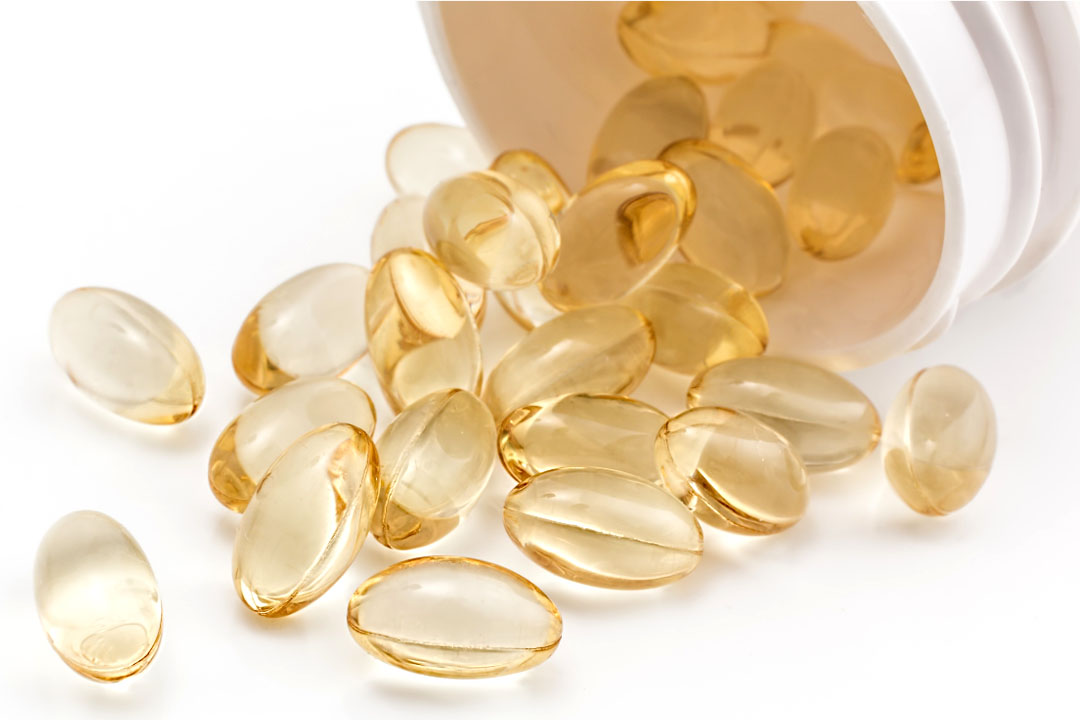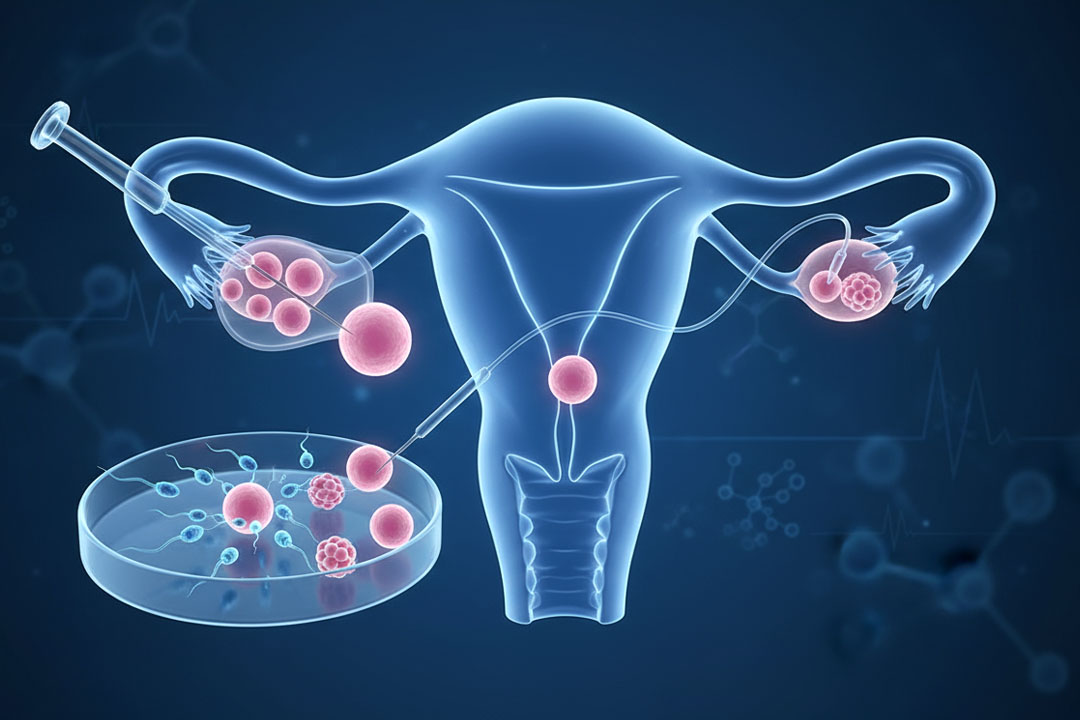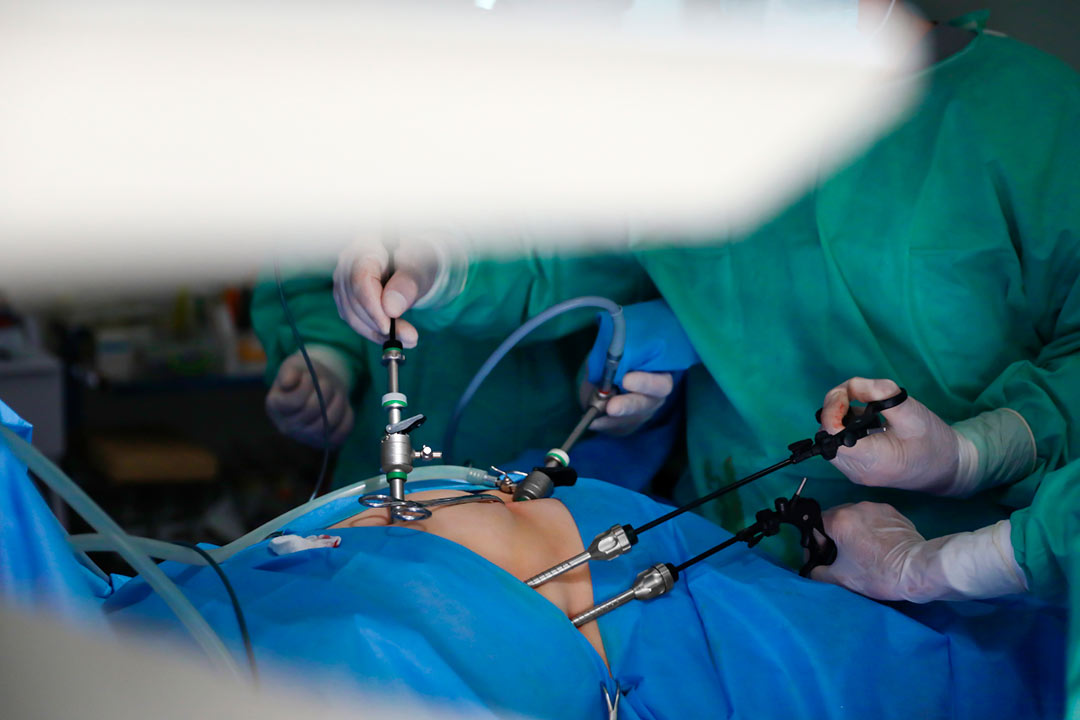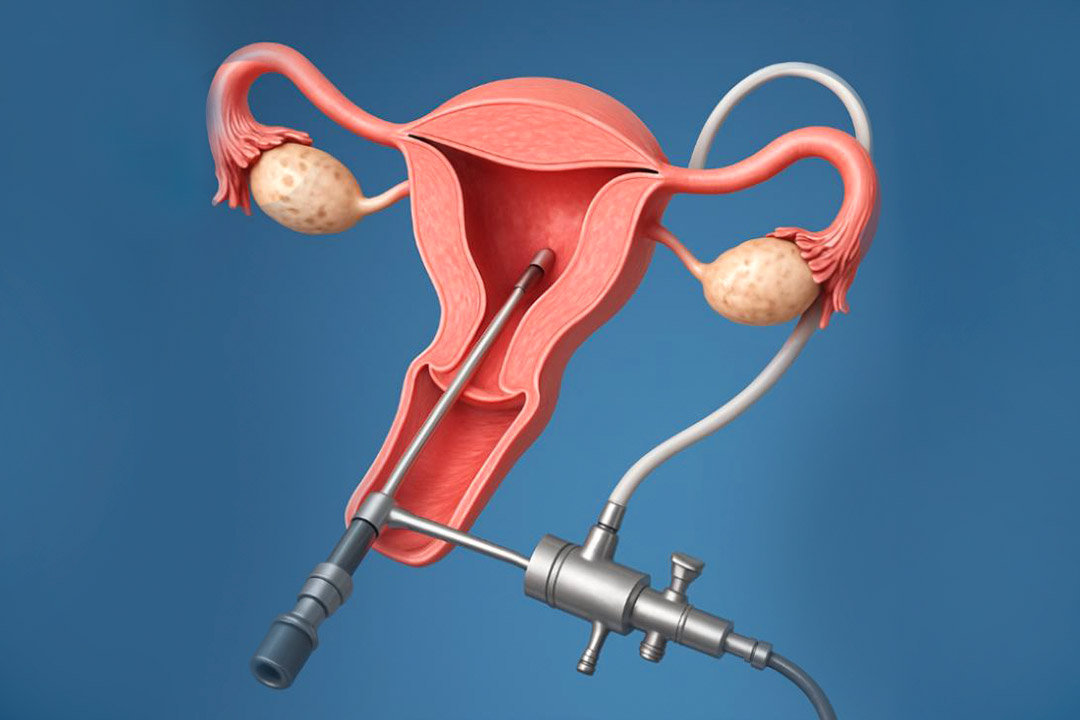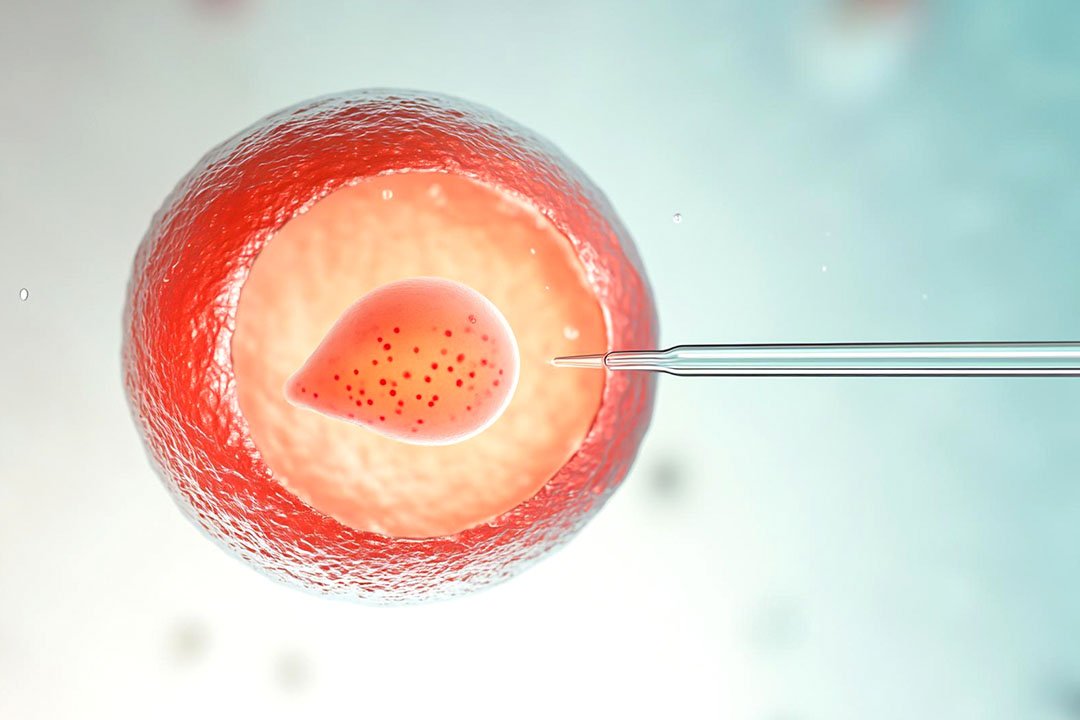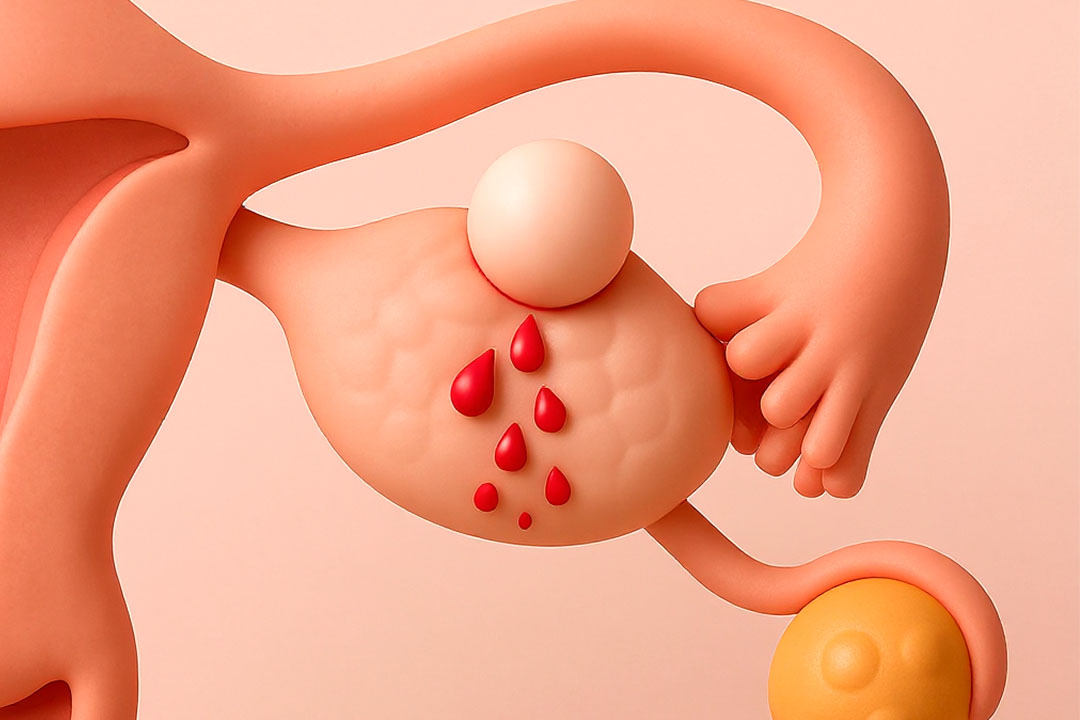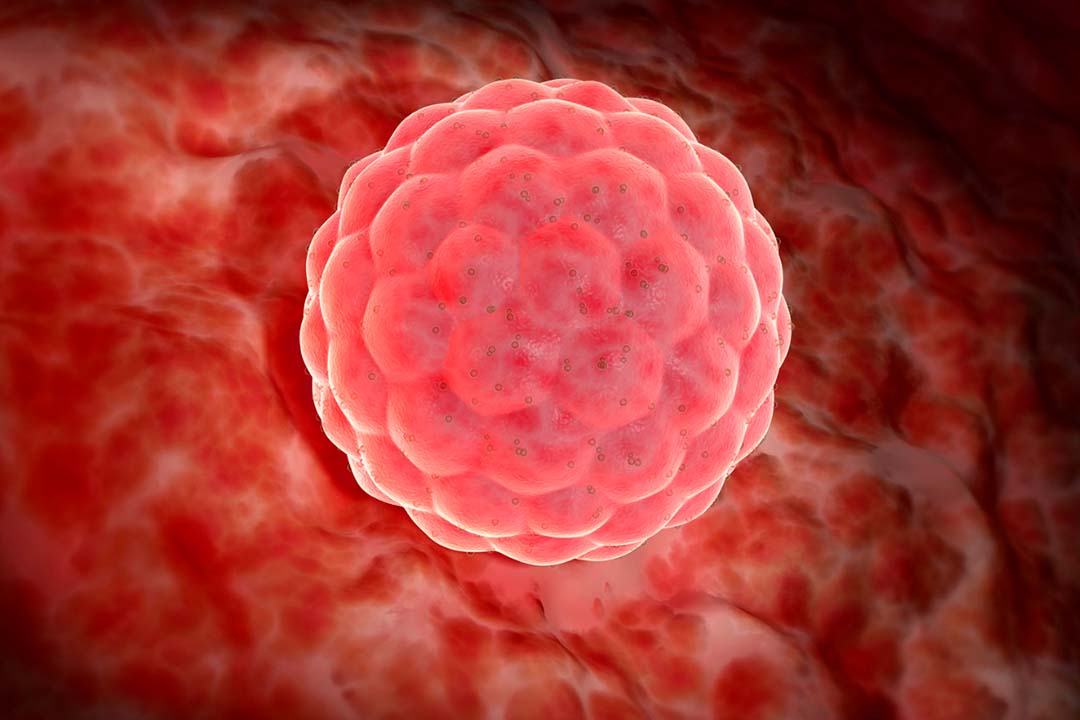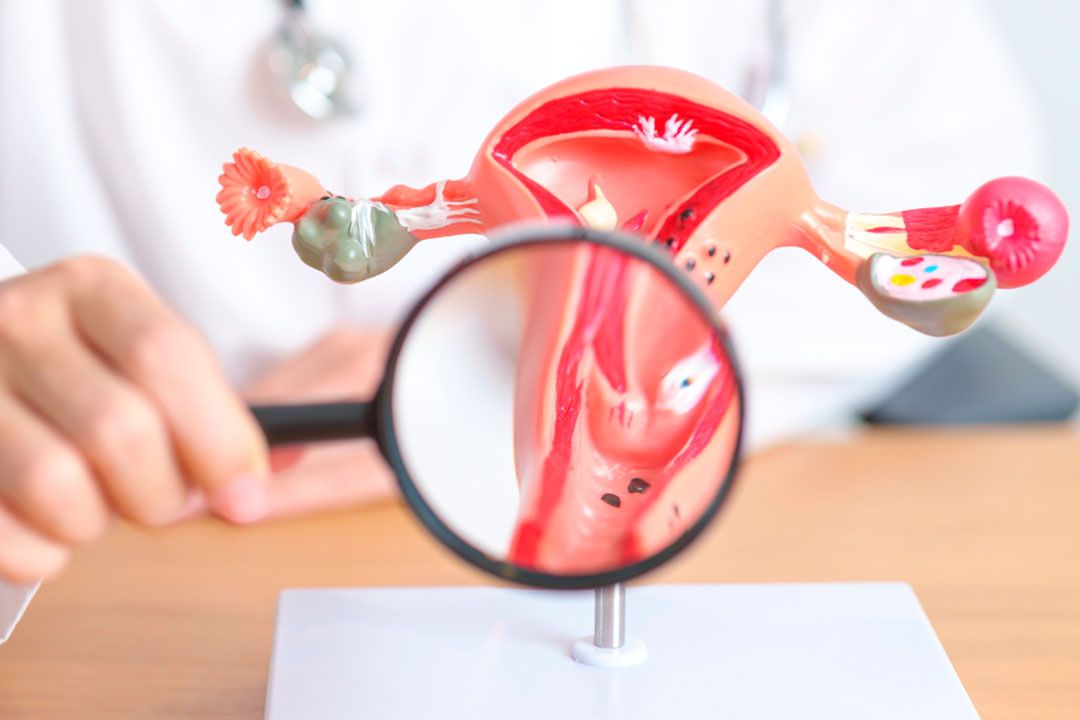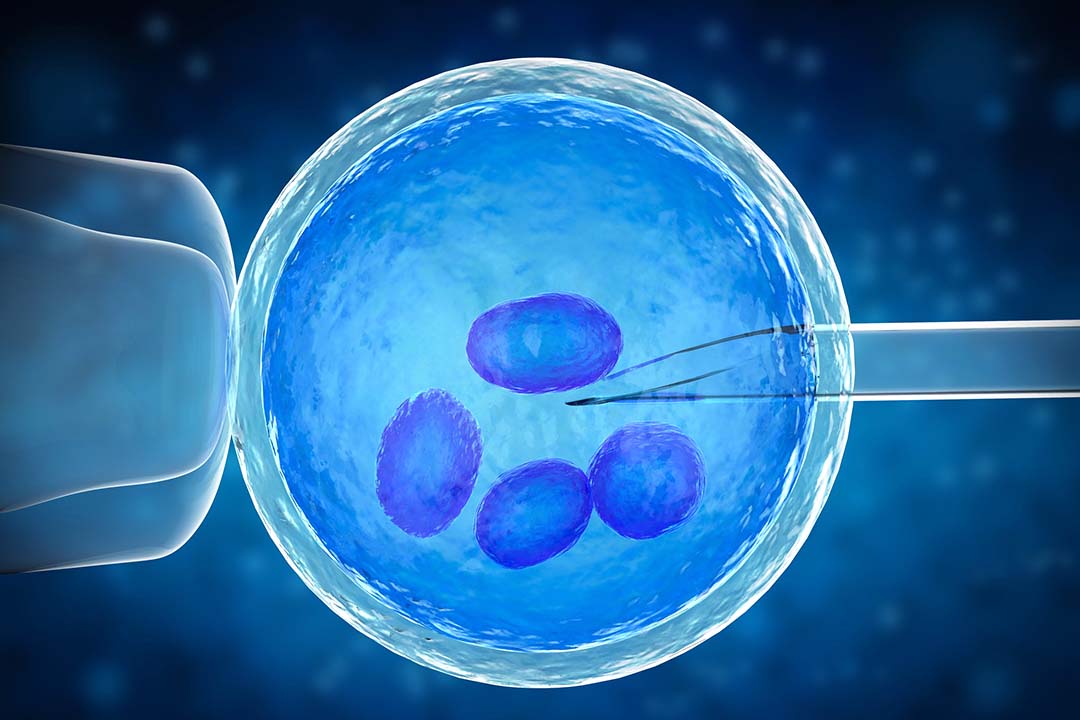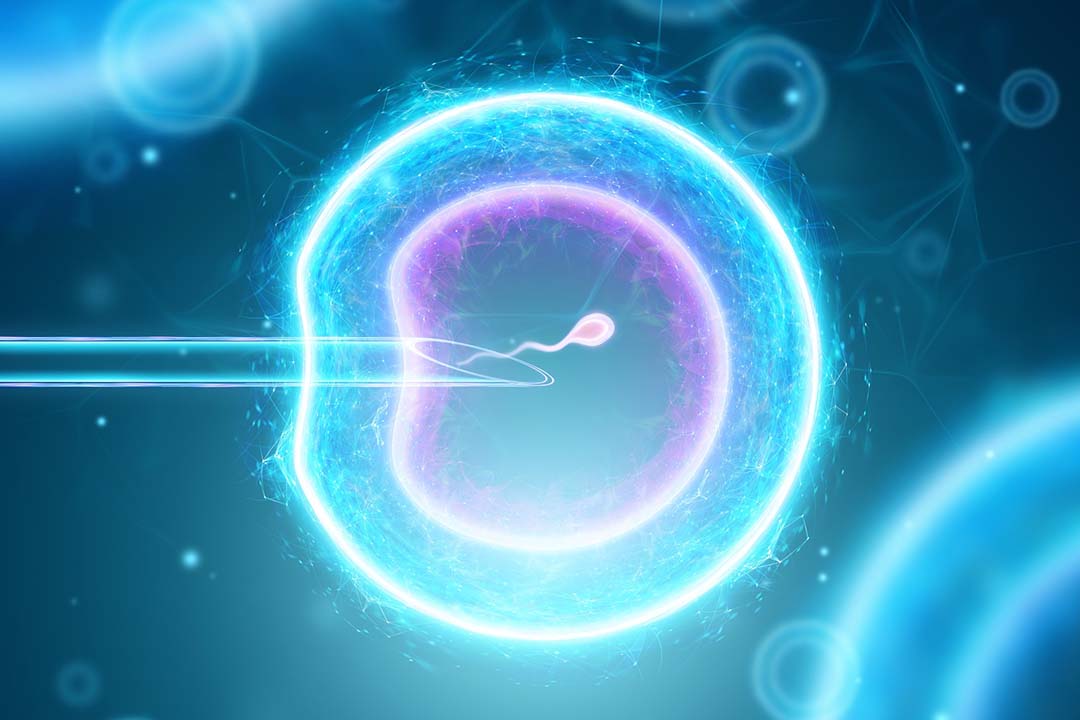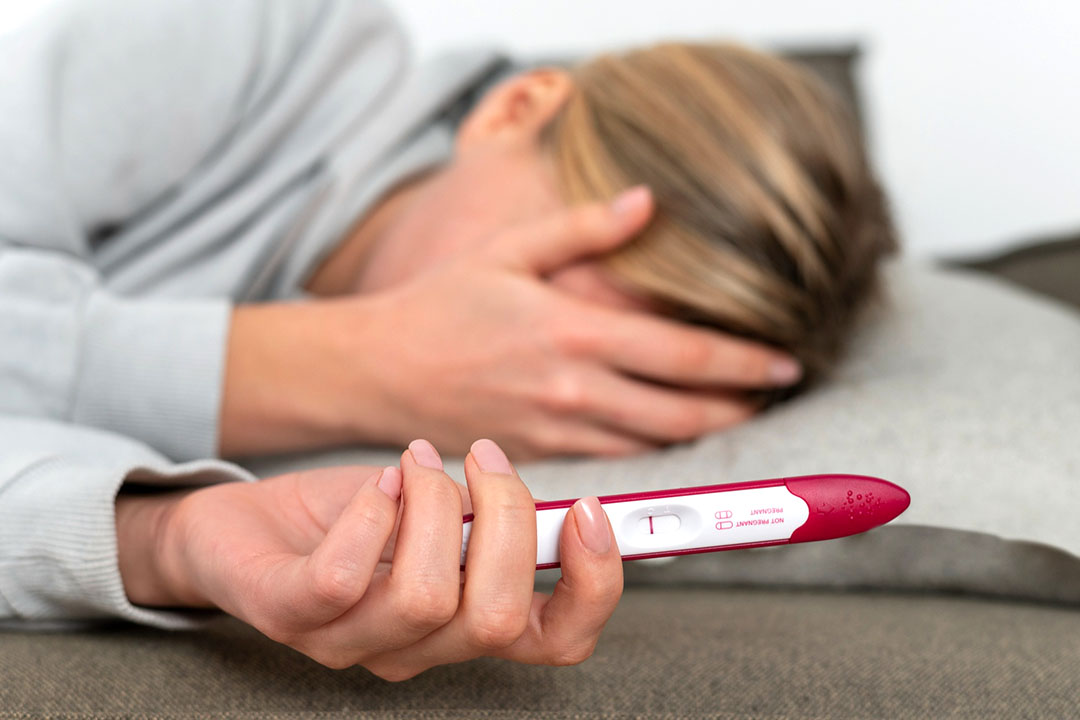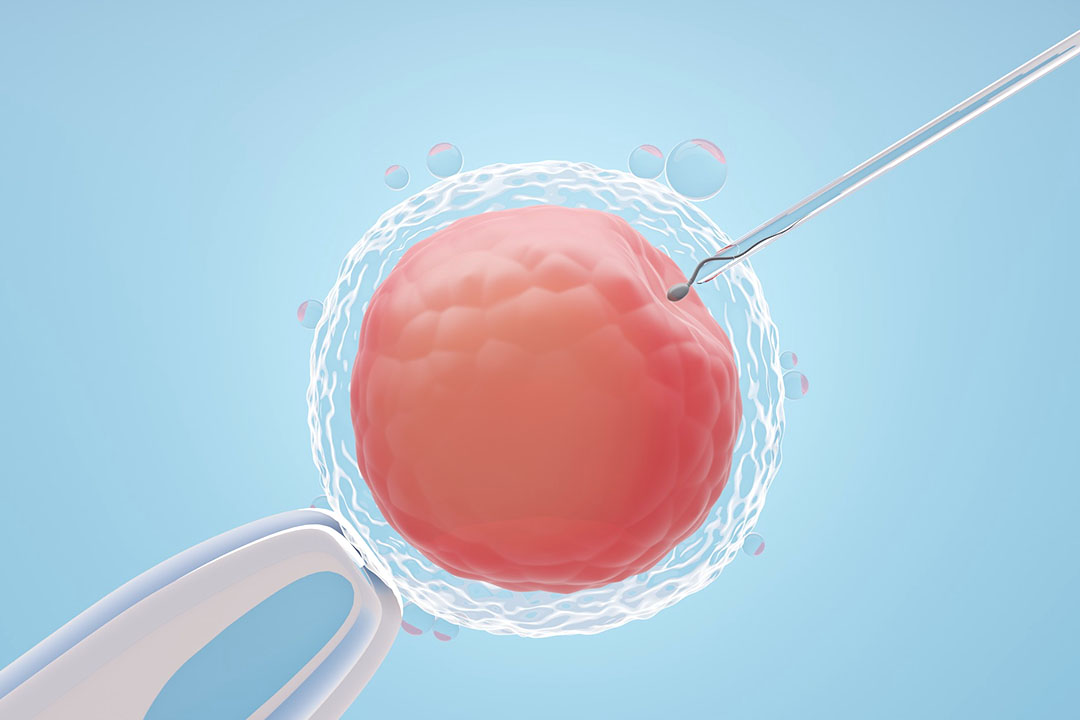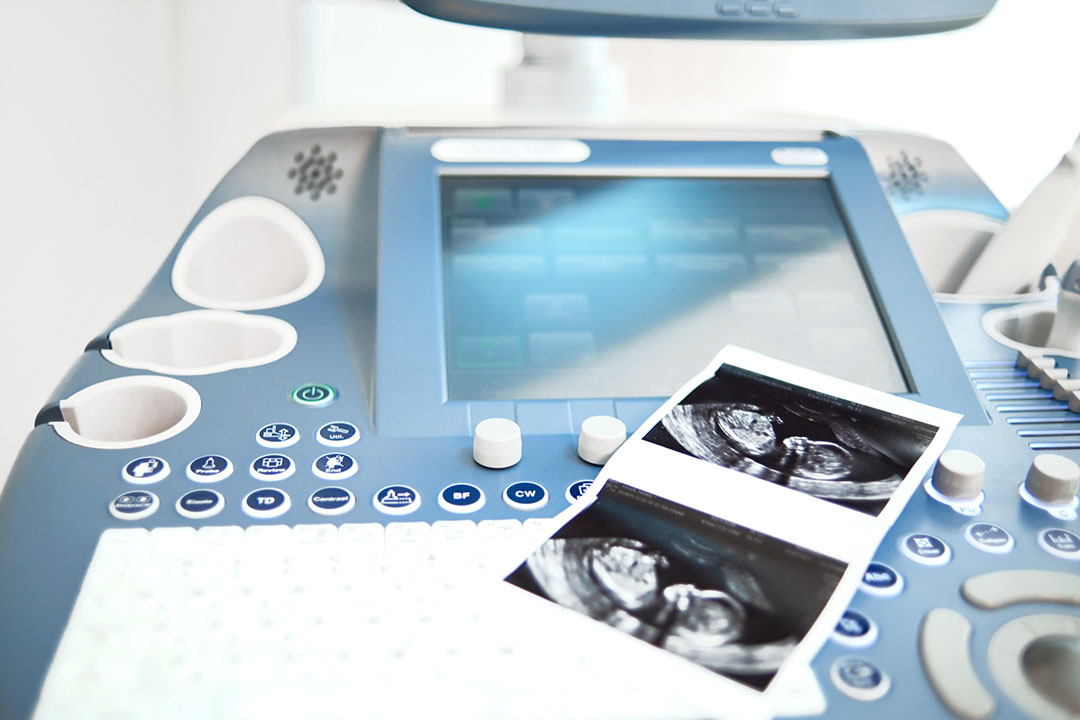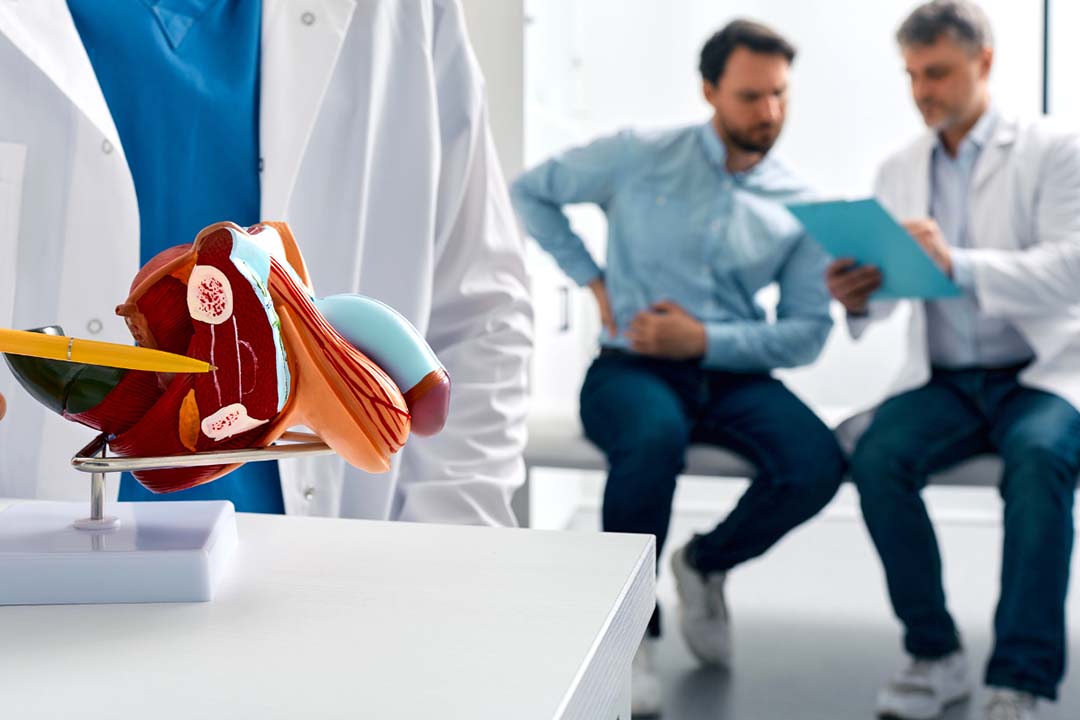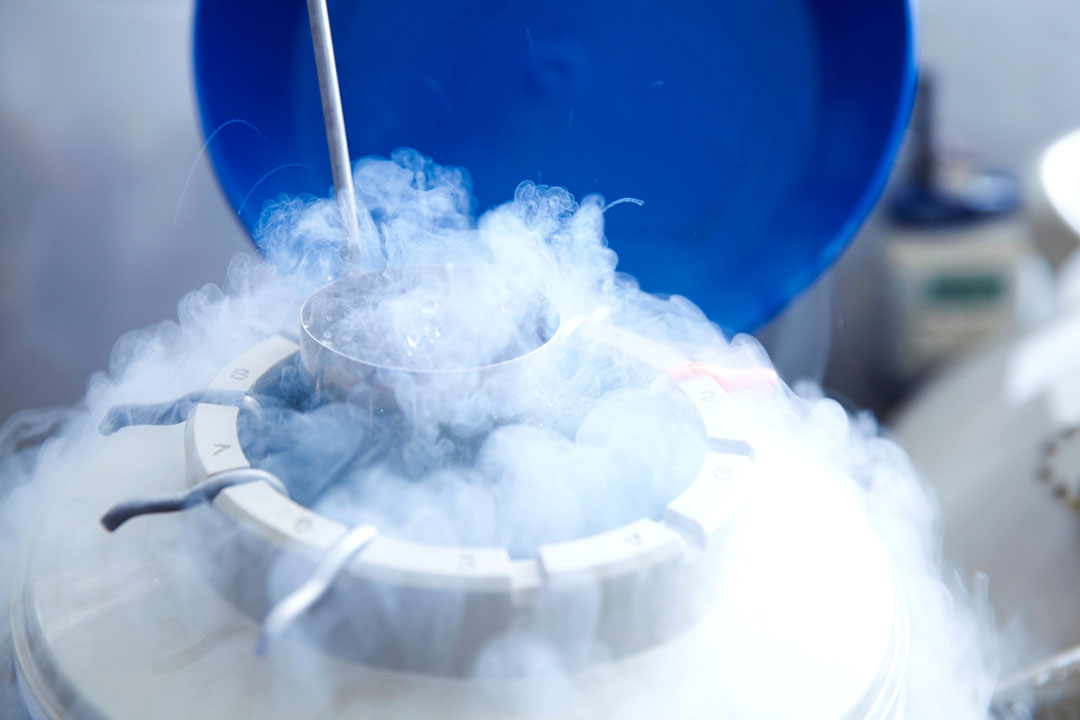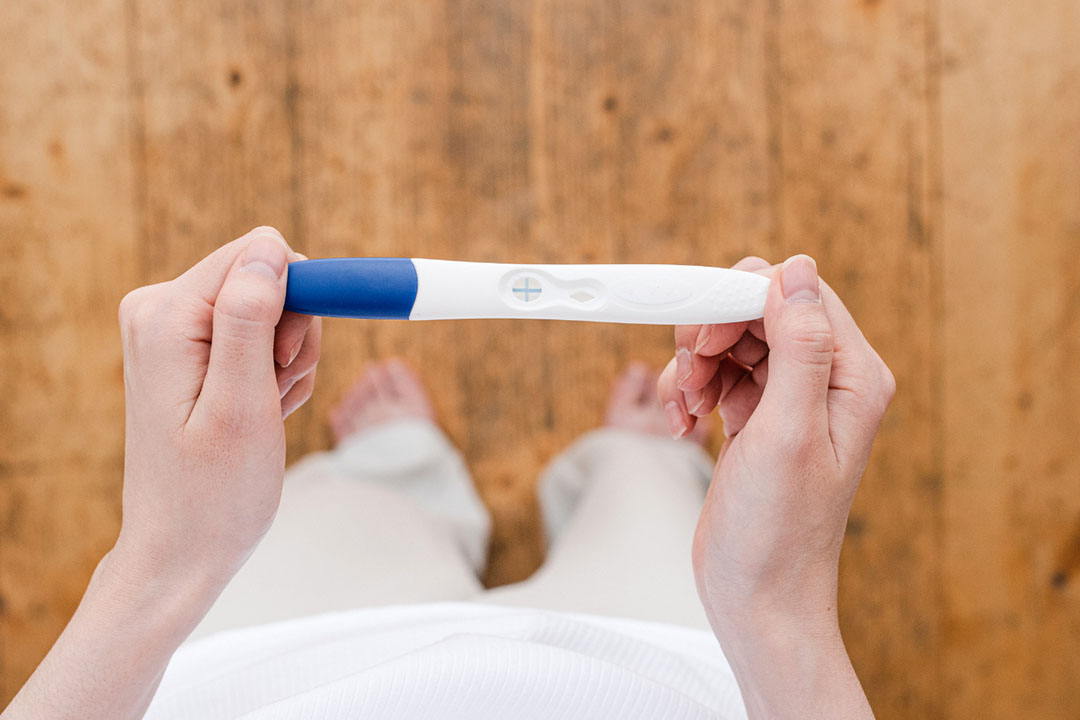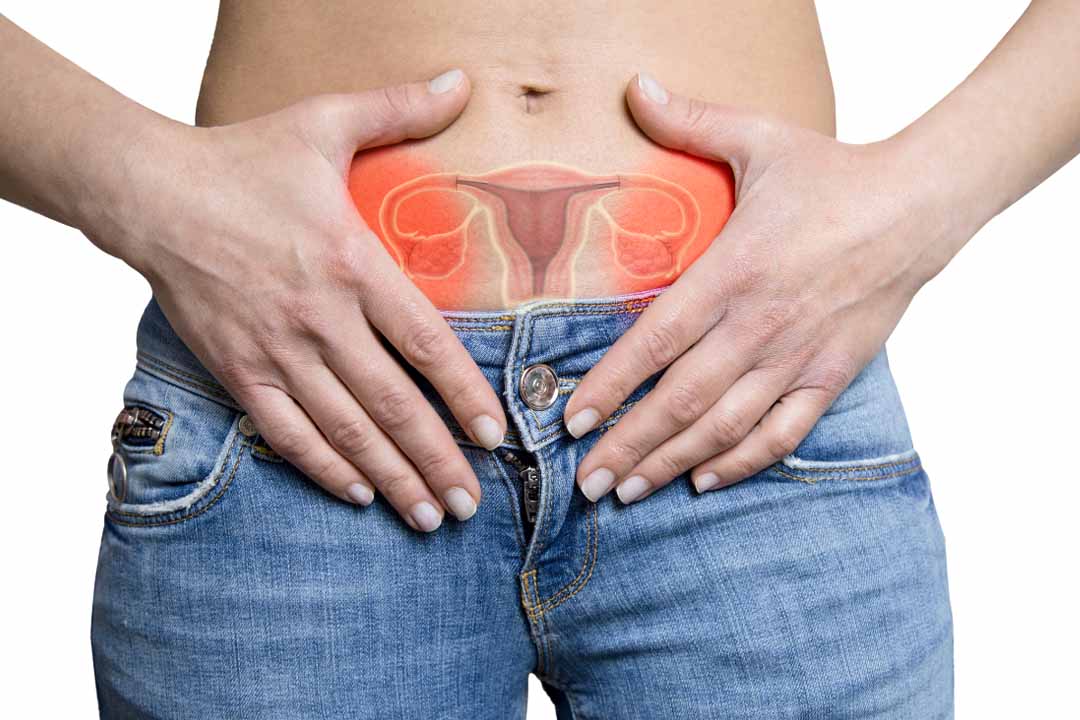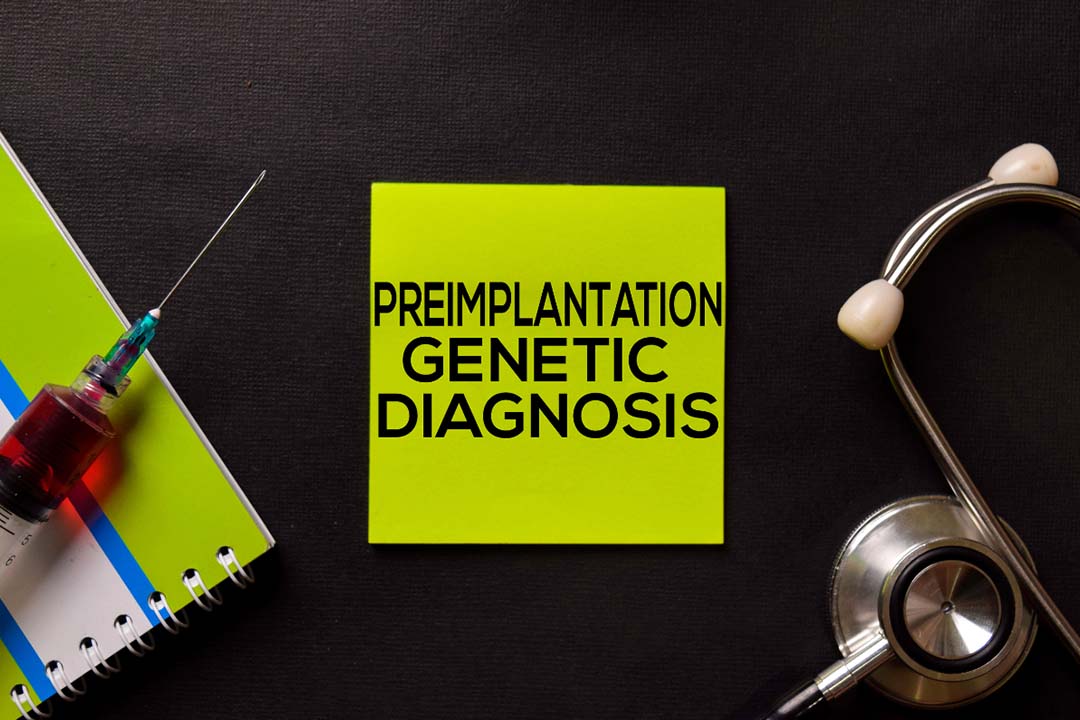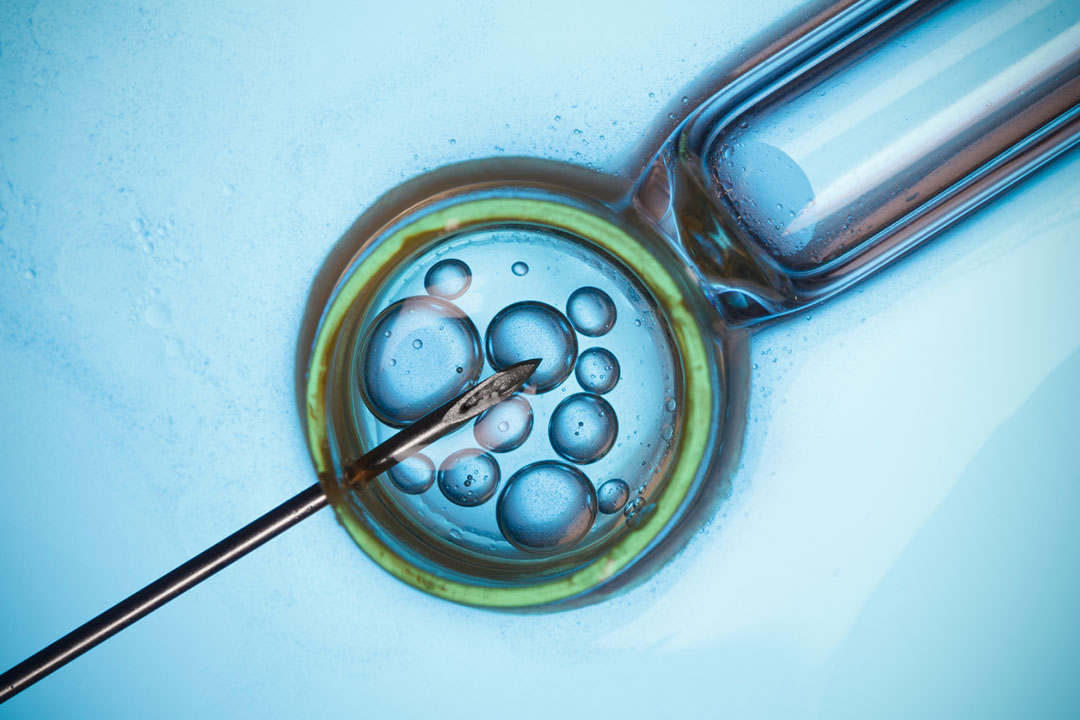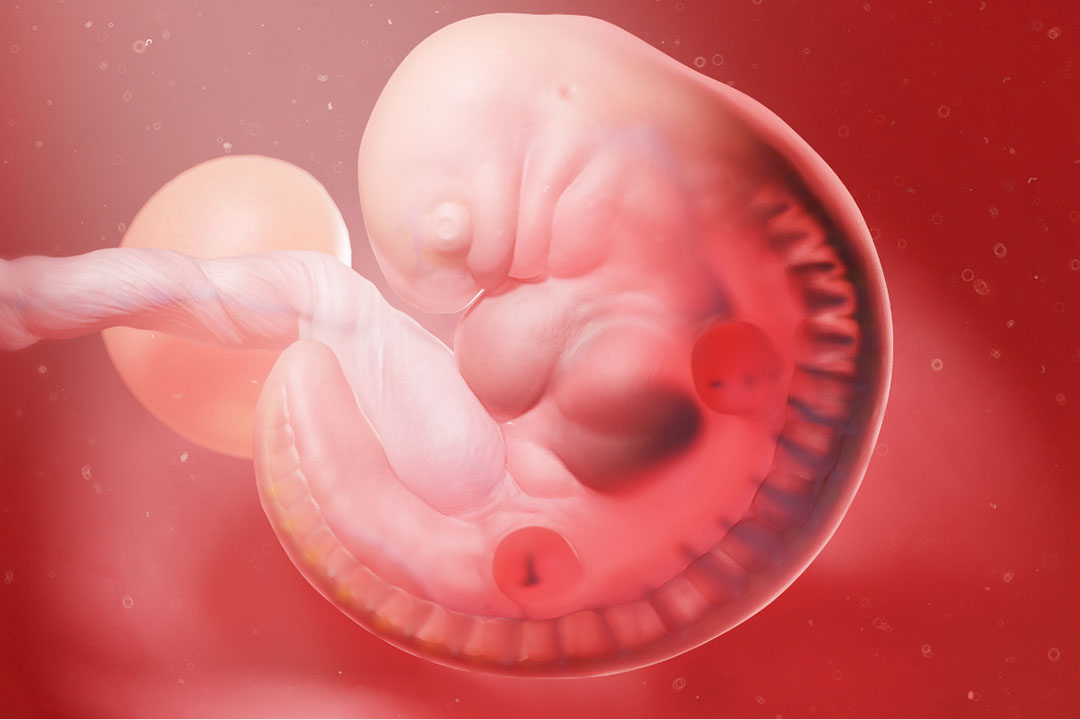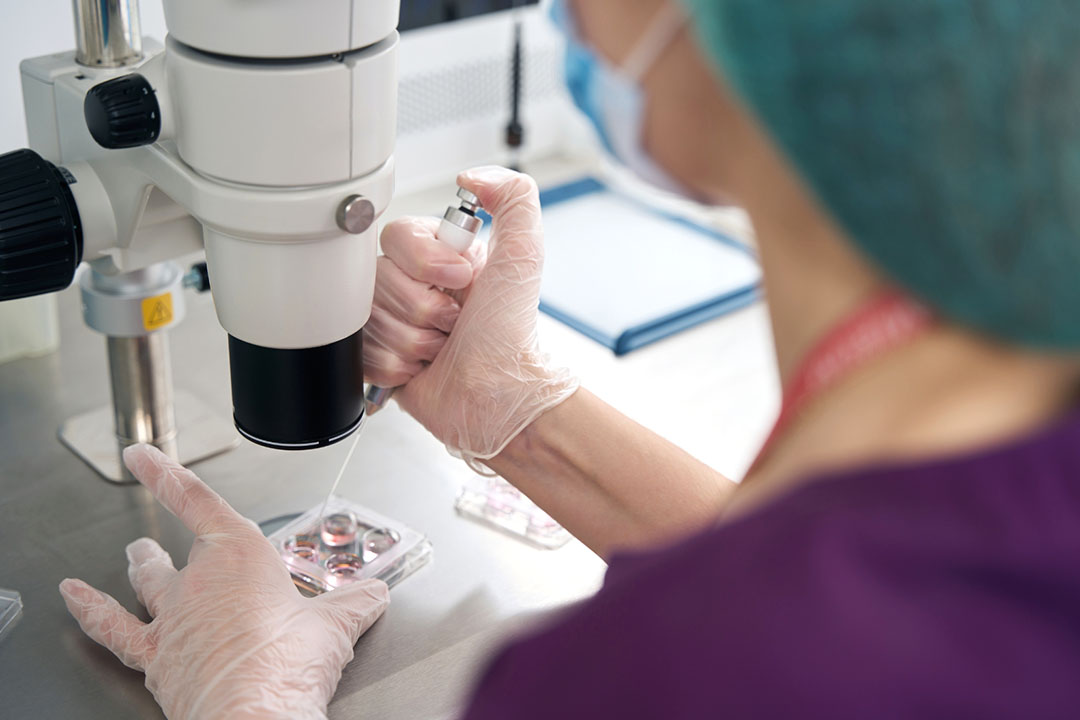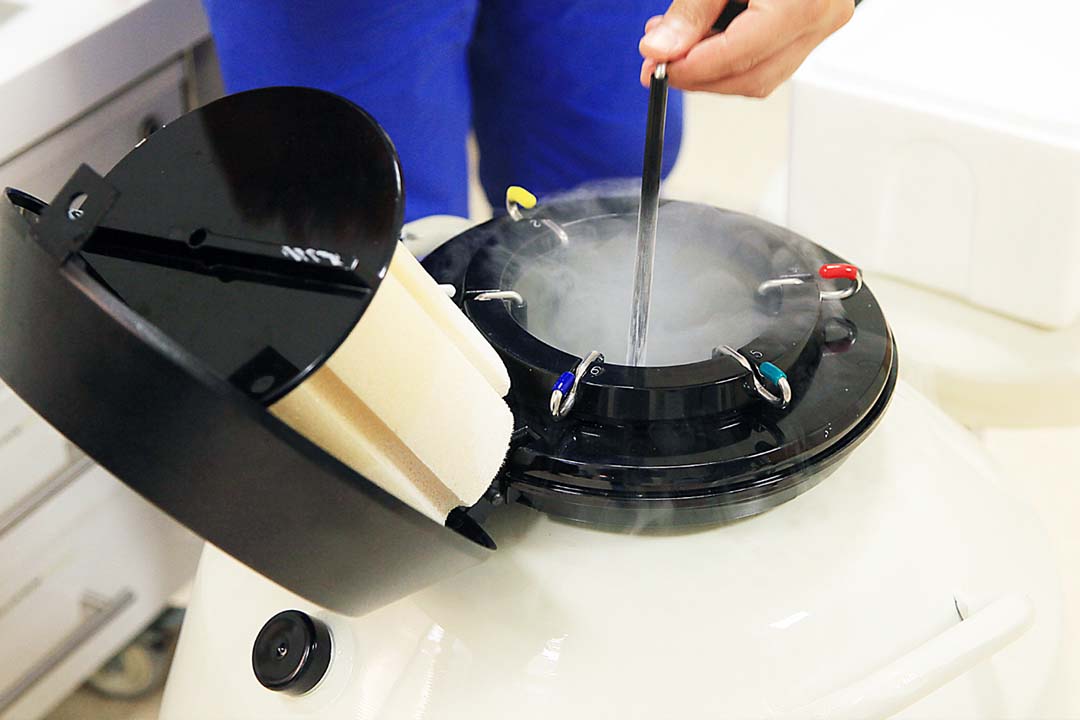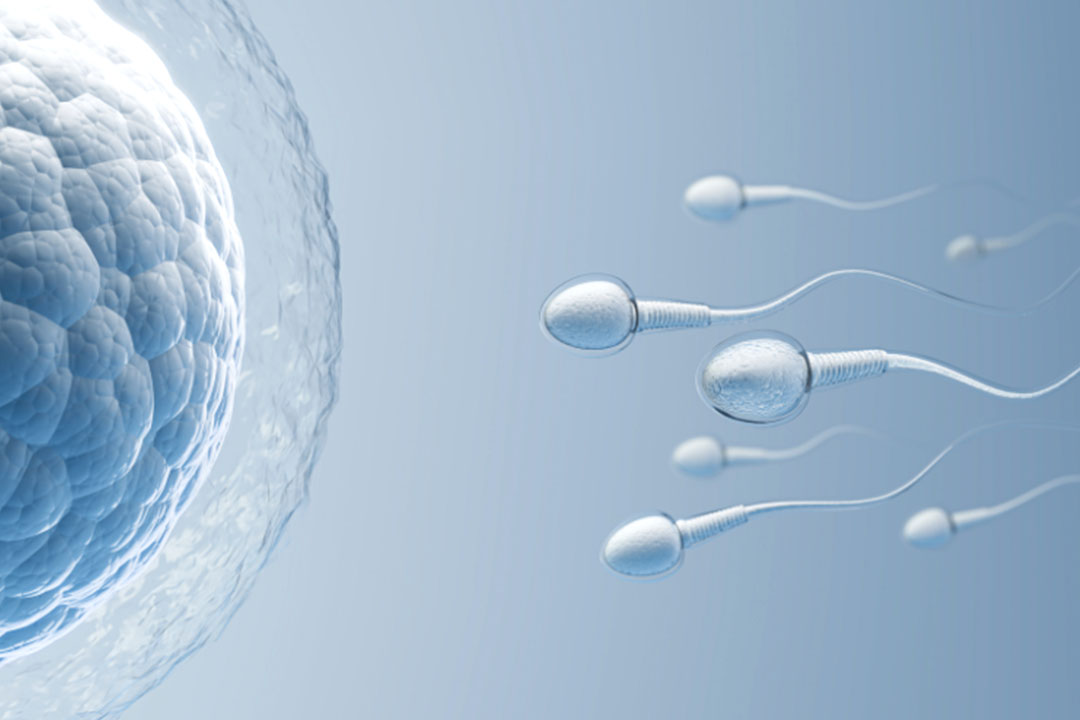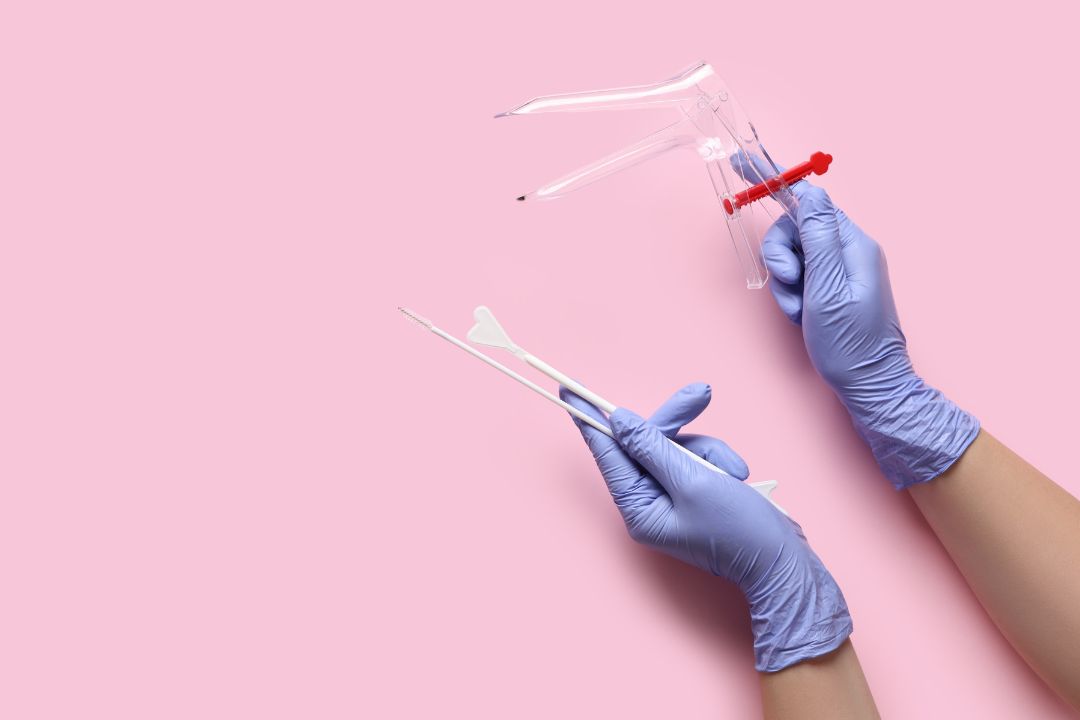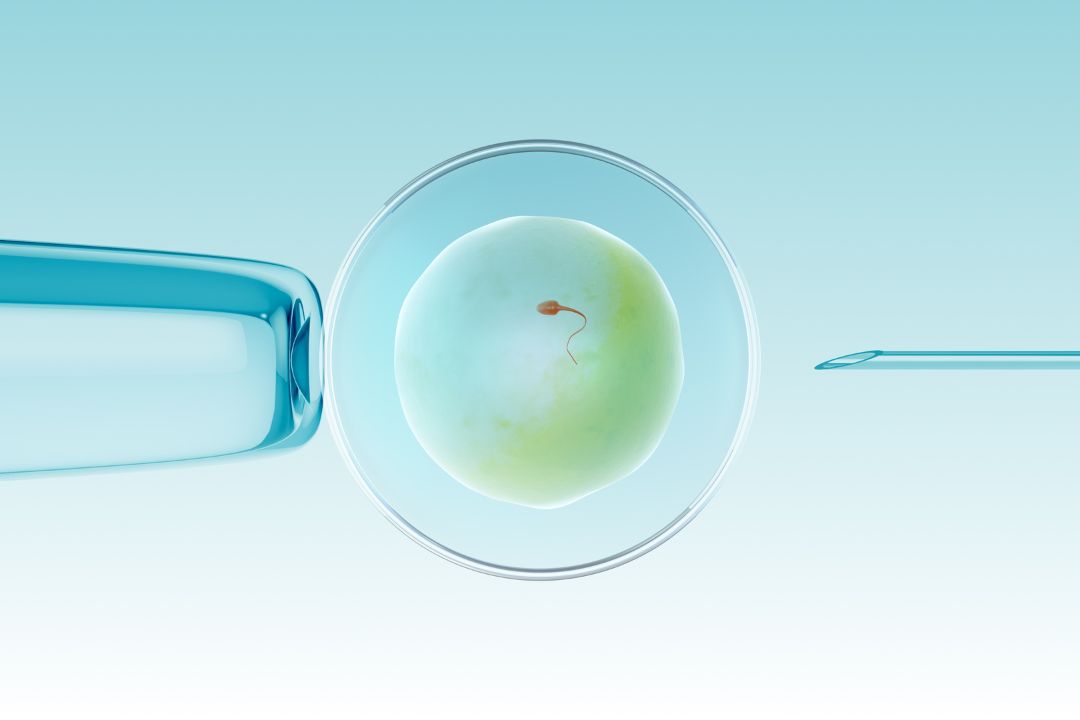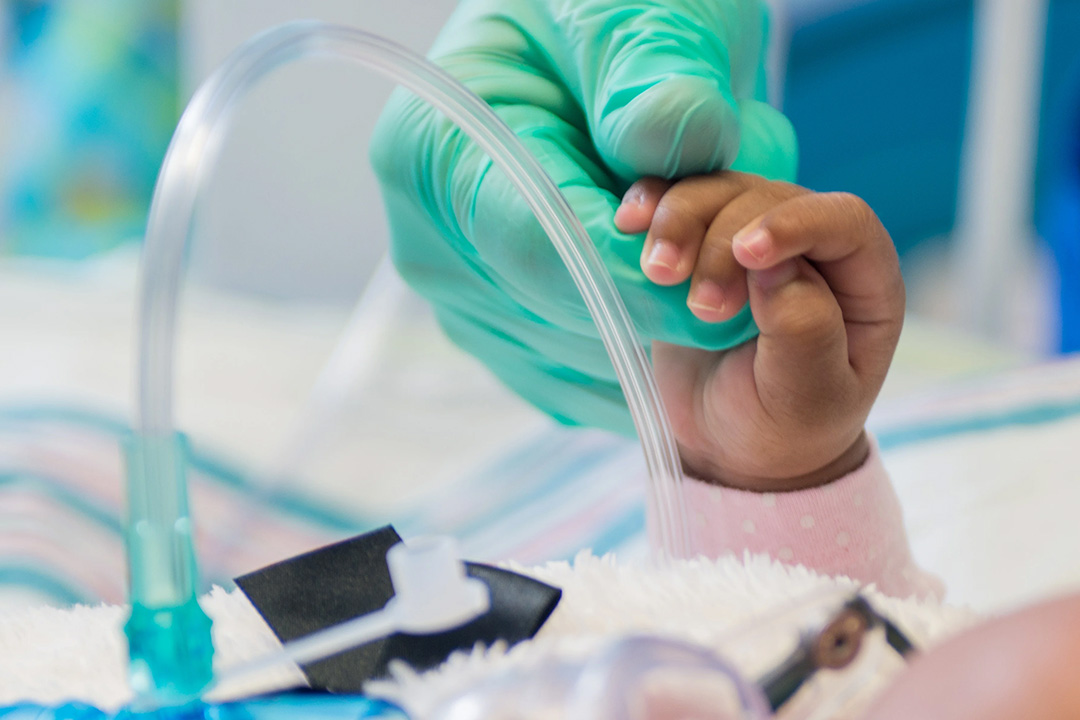Understanding Pus Cells in Semen: Causes, Implications, and Natural Remedies
Pus cells or leukocytes, are a type of white blood cell found in semen. While a small number of these cells is normal, an excess can show underlying health issues.
This article speaks about the causes of increased pus cells, their normal ranges and effective treatment options, including the natural lifestyle changes which can help maintain reproductive health.

What are Pus Cells in Semen?
The male reproductive tract emits a fluid which contains the sperms which can fertilise the eggs in a female.This is known as semen. Semen also contains liquids which combine and give raise to seminal plasma that is known to help keep the sperm cells viable.
Pus cells which are also known as leukocytes, are a type of white blood cell which make a part of the immune system. The presence of pus cells in a very small number in the semen is normal.
However, when the number of these pus cells become excess, it can be a sign of inflammation or infection within the male reproductive system.
What are the Causes of Pus Cells in Semen?
There are many reasons for the presence of pus cells in the semen. Some of the reasons include the following,
1. Infections
When the male reproductive organs have some bacterial or viral infections such as, epididymitis or prostatitis. It will result in an increased number of the pus cells in semen.
2. Sexually Transmitted Infections (STIs)
Having other infections like chlamydia or gonorrhoea that are given by sexual partners can affect the genital tract. This can lead to an inflammation and an increase in the number of pus cells.
3. Immune Response
In certain cases, apart from infections, when there is an injury of the male reproductive system there will be presence of pus cells. This may be due to the body's immune response to that injury.
4. Obstructions or Blockages
When there are blockages or obstructions occurring in the genital ducts it can lead to the buildup of pus cells as well
What is the Normal Range of Pus Cells in Semen?
Pus cells are usually present in the semen. It is to be remembered that having some white blood cells (pus cells) is quite normal. The normal range of pus cells in a semen report is anywhere between the range 1 to 5. An abnormal report is when this number exceeds 15, 20 or 30 and the doctor will look into it.
A lot of patients think having a greater number of pus cells in their semen is an indication of some kind of infection which is true in many cases. But it is very important to differentiate between white blood cells and sperm precursor cells since they look similar. Some of the labs misinterpret them and this leads to unwanted antibiotic treatment.
How is Pus Cells Analysis in Semen Done?
To diagnose the presence of pus cells in the semen, a semen analysis is performed. This will help to check the number of pus cells and identify if there are any underlying conditions. A semen analysis is performed as follows,
- Sample collection: The patient is asked to give his semen sample which is mixed well.
- Examination: Trained technicians check the semen and examine the sample for sperm concentration, activity, and morphology using a microscope.
- Confirmation: Foe the purpose of confirming, a pathologist or laboratory scientist will recheck the sample.
- Documentation: Once the samples are analysed, the results are recorded and the reports are made for further use.
Apart from a semen analysis, the doctor may also perform a physical examination of the genital area to look for signs of infection or inflammation. In other cases, STI testing are done. Some doctors may also perform an ultrasound to check for the abnormalities in reproductive system.
What are the Treatment Options for Pus Cells in Semen?
Having Pus cells in the semen may indicate various underlying causes. The treatment will depend on the underlying cause. There are different kinds of ways to treat the condition and some of them are mentioned below. Before taking any medications, it is advised to consult the doctor.
1. Antibiotics:
When the cause of increased pus cells in the semen is a bacterial infection, then the doctor would prescribe a course of antibiotics that will help in clearing out the infection of the reproductive system.
2. Treatment for STI
It is seen that when a person has sexually transmitted disease, then the number of pus cells tend to increase as well. During conditions like these, the doctor will prescribe some antibiotics or antivirals to treat the STI.
3. Anti-Inflammatory Medications
Apart from infections, inflammations ca also causes pus cells to increase. To treat this, the doctor will advise the patient to take anti-inflammatory drugs which will help to reduce the inflammation and its symptoms. Some people also take ayurvedic medicines to reduce inflammation naturally.
4. Surgery
If the cause of increased pus cells is some kind of obstruction or blockage due to some structural abnormalities then the doctor would advise the person to get a surgery to remove the blockage thereby reducing the number of pus cells in the semen.
How Do We Reduce Pus Cells in Semen Naturally?
Other than the above-mentioned treatment options people can make some changes in their lifestyle as mentioned below. This will help the patient to reduce the number of pus cells naturally. These include,
1. Hydration:
When a person is properly hydrated, it will help to maintain the overall bodily functions. This includes reproductive health as well. Drinking a good amount of water will help remove the toxins from the body and thereby keep inflammations and injuries away.
2. Good Hygiene
When the genital area is kept clean it will help the person to avoid infections which in turn help to keep the pus cell numbers down. It is very necessary to clean these areas properly by using warm water and avoiding harsh chemicals are soap. Harsh soaps may increase the risk of rashes.
3. Practicing Safe Sex
It is very important to use protections such as condoms that will help to prevent sexually transmitted infections (STIs). STIs can lead to infections or inflammations and increase the number of pus cells.
4. Balanced Diet
Consuming food that are rich in antioxidants, vitamins, and minerals will help in supporting the immune system and maintain the overall health. People are advised to have fruits, vegetables, whole grains, and lean proteins in their meals.
5. Regular Exercise
Moving the body regularly is necessary as well. Doing different kind of physical activities such as walking, jogging, exercise will help maintain a good immune system and keep up a healthy weight. This together helps to have a good reproductive health.
6. Stress Management
When a person has high stress levels it will lead to the weakening of the immune system and lead to infections. It is advised to practice yoga, meditations or breathing exercises to help keep calm and remain stress free.
7. Sleep Cycle
Having adequate amount of sleep is crucial to maintain a healthy life. Getting atleast 7-8 hours of sleep is necessary to have a healthy immune system, balanced hormones as well as reduced stress in life all of which can be contributing factors to poor reproductive health.
8. Smoking and Alcohol
Smoking and excessive alcohol consumption will have a very bad impact on the reproductive health apart from the overall health. So, in order to avoid this, it is advised to avoid smoking and reducing the consumption of alcohol to benefit the reproductive health.
References

About Us
AKsigen IVF is a premier center for advanced fertility treatments, with renowned fertility experts on our team. Specializing in IVF, ICSI, egg freezing, and other cutting-edge reproductive technologies, AKsigen IVF is committed to helping couples achieve their dream of parenthood. With personalized care and a patient-first approach, AKsigen IVF provides comprehensive fertility solutions under one roof.
































